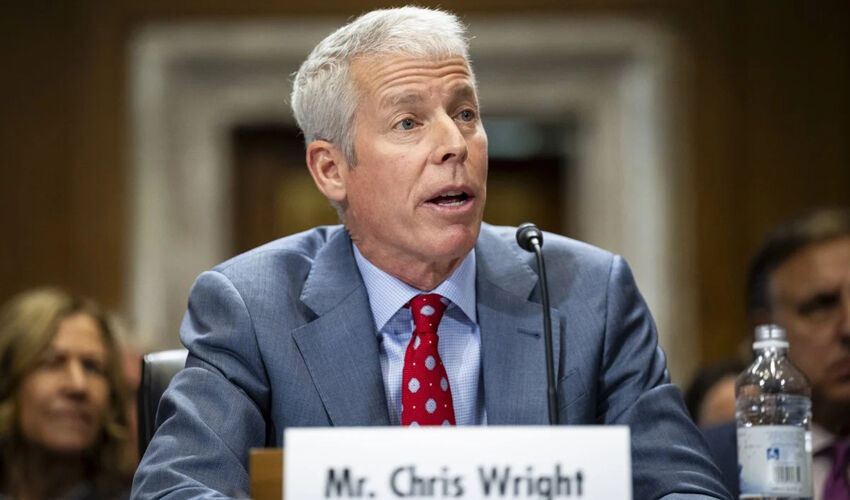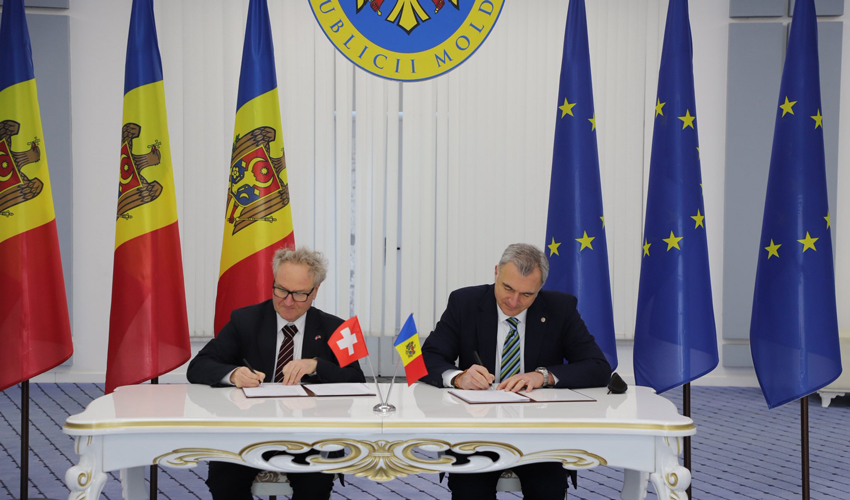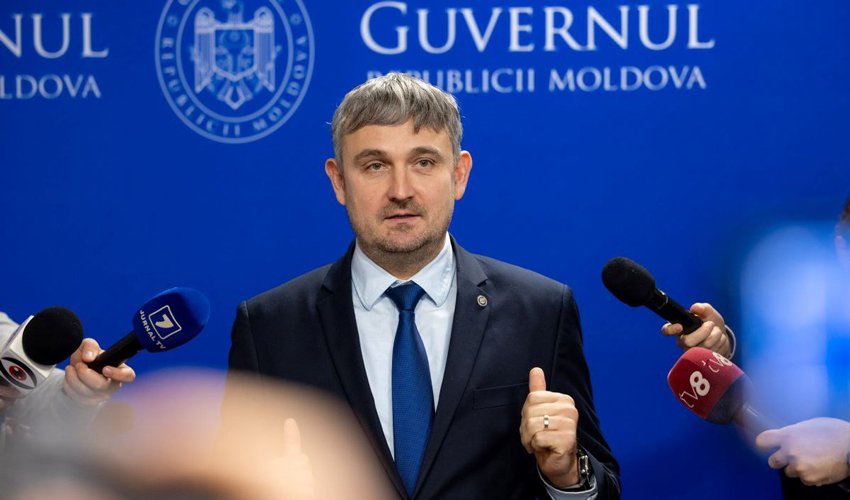
Chris Wright
“The most effective way for the West to weaken Russia’s war machine is through energy,” Wright added.
On November 7, gas transmission system operators DESFA (Greece), Bulgartransgaz EAD (Bulgaria), Transgaz SA (Romania), Vestmoldtransgaz SRL (Republic of Moldova) and Gas System Operator of Ukraine (Ukraine), together with ICGB AD, the independent operator of the Greece-Bulgaria gas interconnector pipeline, signed a joint letter to national energy regulators requesting approval to launch two new cross-border products – Route 2 and Route 3. This initiative represents another important step towards strengthening Europe’s energy independence and interconnectivity along the Vertical Gas Corridor.
The joint letter was signed at the Transatlantic Energy Cooperation (P-TEC) Ministerial Meeting held in Athens on November 6-7 in the presence of U.S. Secretary of Energy Chris Wright, U.S. Secretary of the Interior Doug Burgum, senior U.S. government officials, as well as Energy Ministers Stavros Papastavrou of Greece, Jecho Stankov of Bulgaria, Dorin Jungietu of the Republic of Moldova, Svetlana Hrynchuk of Ukraine, and Deputy Prime Minister Cătălin Predoiu of Romania.
The gas transmission system operators ask the national regulators to approve the availability of Route 2 and Route 3 products by April 2026, as well as the possibility of simultaneously offering special Route 1, Route 2 and Route 3 capacity in competitive auctions. All participating gas transmission system operators agreed to apply significant discounts, ranging from 25% to 50%, at their interconnection points to incentivize the market to use new capacity and facilitate gas flows from diversified sources. Coordinated tariff reductions and the availability of multiple route options will help minimize potential disruptions, ensure uninterrupted supplies to Ukraine and optimal use of existing infrastructure throughout the region.
The operators emphasize that, as also noted by the European Commission, the Trans-Balkan pipeline, as part of the Vertical Corridor, is a key element of the EU’s strategy to diversify natural gas transportation and phase out Russian gas. Approving the availability of Routes 2 and 3 is directly in line with this strategy, as it utilizes LNG and Caspian gas to enhance long-term security of supply and market interconnection.
Route 2 starts from Amfitriti’s connection point to the DESFA network, crosses the Greece-Bulgaria Interconnector (ICGB) and continues through the Trans-Balkan Corridor, while Route 3 starts from the ICGB connection point to TAP and follows the same route.
The accelerated approval of these additional products will significantly increase the throughput capacity of LNG delivered to Ukraine through Greek terminals, which will enhance energy security and allow suppliers to choose optimal supply routes according to their needs.













